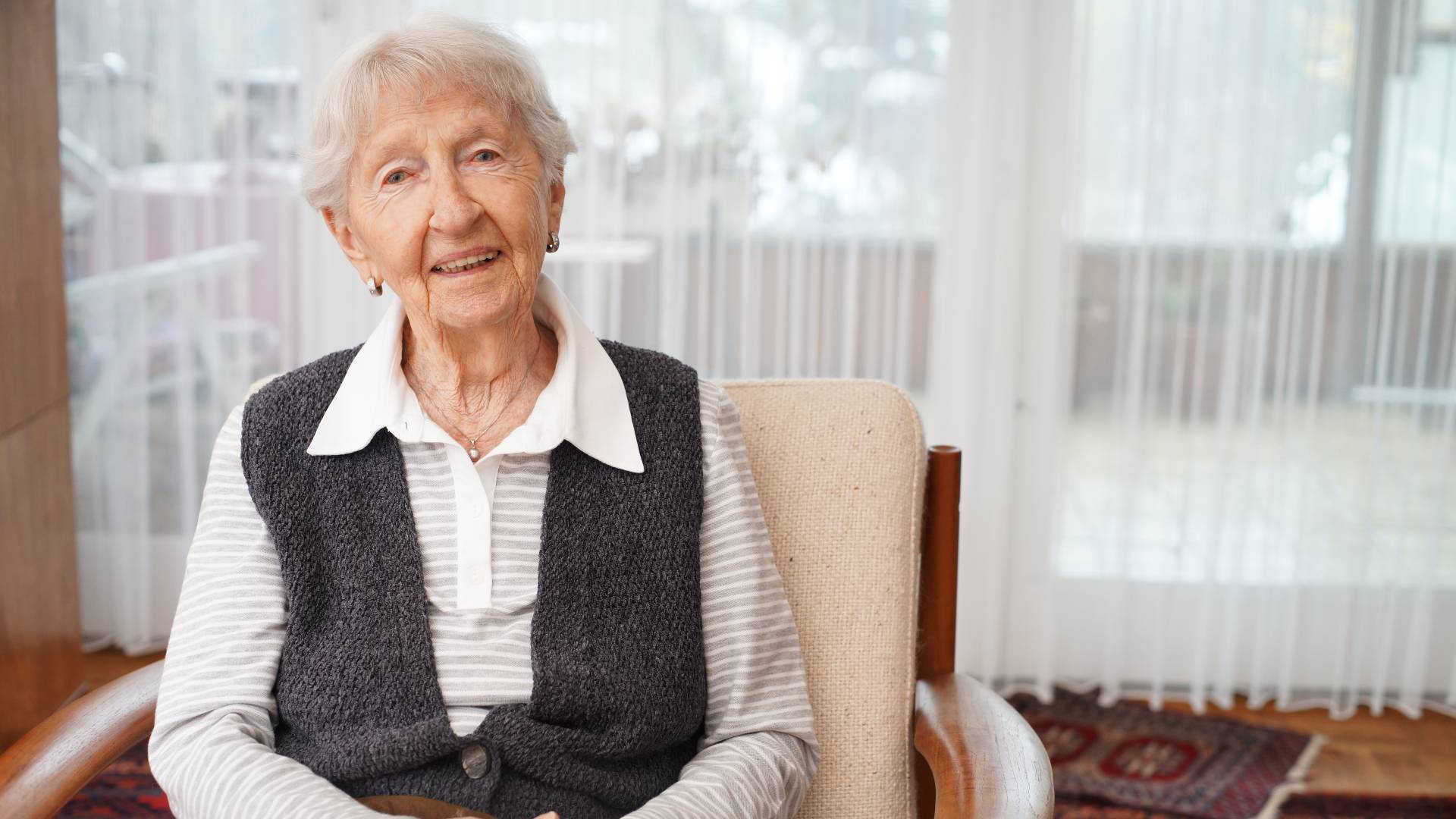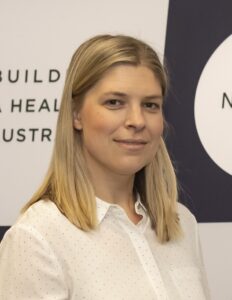
Receiving a diagnosis of dementia is a life changing moment. Some people sense relief that the diagnosis helps make sense of their symptoms; for others it brings a sense of loss and grief. Beyond this emotional reaction, every person has to re-appraise their lifestyle and plan for the years ahead – but most complain that current practice does not provide adequate support after they received a diagnosis of dementia.
“People with dementia have reported that post-diagnostic supports which establish hope and promote how to live well with a diagnosis of dementia are critical,” says Professor Kate Laver, recently appointed as Professor of Allied Health and Active Ageing with Flinders’ Caring Futures Institute and Southern Adelaide Local Health Network (SALHN).

“This is why we are testing the introduction of the Take Charge intervention soon after a diagnosis of dementia, to promote hope, independence and quality of life with the ultimate goal of keeping the person at home and engaged in the community for longer.”
Professor Laver’s latest rehabilitation research project – “Taking charge to stay independent and at home after a diagnosis of dementia”, funded by Flinders Foundation, The Hospital Research Foundation and The Dementia Centre for Research Collaboration – has been informed by research that tested stroke survivors in two randomised controlled trials of the Take Charge program, which draws on theories of patient activation and was designed for adults with a range of chronic health conditions.
That research, published in 2020 by the International Journal of Stroke, found that people who received the program reported better health-related quality of life and were less likely to be physically dependent 12 months after intervention.
“This approach is innovative and could change the current usual trajectory of decline in people after diagnosis of dementia,” says Professor Laver.
Her team is now conducting a comparative effectiveness trial on 160 participants who have a recent diagnosis of mild dementia or mild cognitive impairment. People receiving the Take Charge intervention will have two 60-minute consultations with a health professional, to check how they are coping, provide them with lifestyle guidance on diet, exercise, cognitive stimulation, and offer advice about current supports available such as MyAgedCare and counselling services.
“This type of intervention disrupts traditional models of care, which are deficit-focussed rather than strengths-focussed,” says Professor Laver.
“Within the ageing field, this research contributes to better care and better lives for people with mild cognitive impairment and dementia.
“If shown to be effective, we will work with our partners to provide tools and education so that Take Charge can be offered for people soon after a diagnosis of dementia.”
Professor Laver’s work in this area has been extensive. She has helped develop clinical practice guidelines for dementia – the first to be endorsed by the National Health and Medical Research Council (NHMRC) in 2016 – and her current work builds on her experience running clinical trials and translational research to improve care for people with dementia after their diagnosis. This included evidence-based programs to improve the wellbeing of people with dementia and their carers, and a telehealth intervention to delay functional decline in people with dementia living in community dwellings.
Professor Laver’s co-investigators and Take Charge project team – which includes Dr Miia Rahja, Professor Maria Crotty, Dr Owen Davies, Dr Monica Cations and Ms Marina Brown – is currently completing outcome assessments, with results expected to be available later this year. If shown to be effective, the team will seek to translate this knowledge into practice through partnerships with memory clinics and aged care organisations.
“People with dementia and their carers have been telling us for years that not enough support is available after a diagnosis,” explains Professor Laver. “Furthermore, there is inequity between post-diagnostic care available for dementia and other conditions such as stroke or cancer.
“What people with dementia want are programs that offer hope, independence and quality of life. On average, someone lives for approximately 7 years after a diagnosis of dementia. People want to make the most of their final years – and we are confident that the Take Charge intervention will help them achieve that.”

